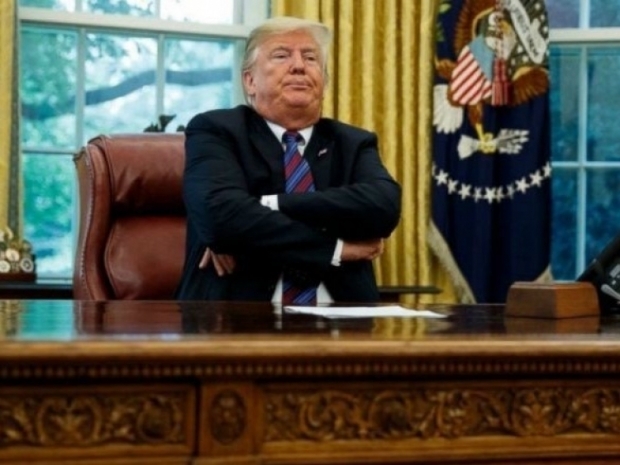For those who came in late, the UK buckled to US pressure to cut Huawei from its 5G networking plans. Despite its spy masters testing Huawei gear and not finding anything remotely looking like spyware, the US government decided to listen to Donald Trump, who knows a lot about technology.
Now the UK not only has to pay for more expensive 5G gear, from a supply duopoly of Finland's Nokia and Sweden's Ericsson, it also has to pay to remove some existing Huawei gear.
At the moment those two do not have to do much to lower the price and the phone industry is banking that longer-term initiatives such as OpenRAN -- a project to make mobile network equipment more interoperable and encourage new suppliers -- will eventually introduce more competition.
Around $67 million of the total will be spent next year to help build "a secure and resilient 5G network" according to documents published on Wednesday as part of Chancellor of the Exchequer Rishi Sunak's spending review.
The resulting reduction in competition could hurt security and push up prices, so Digital Secretary Oliver Dowden has started a task force to increase the number of suppliers. He is set to publish more details before the end of the year.




